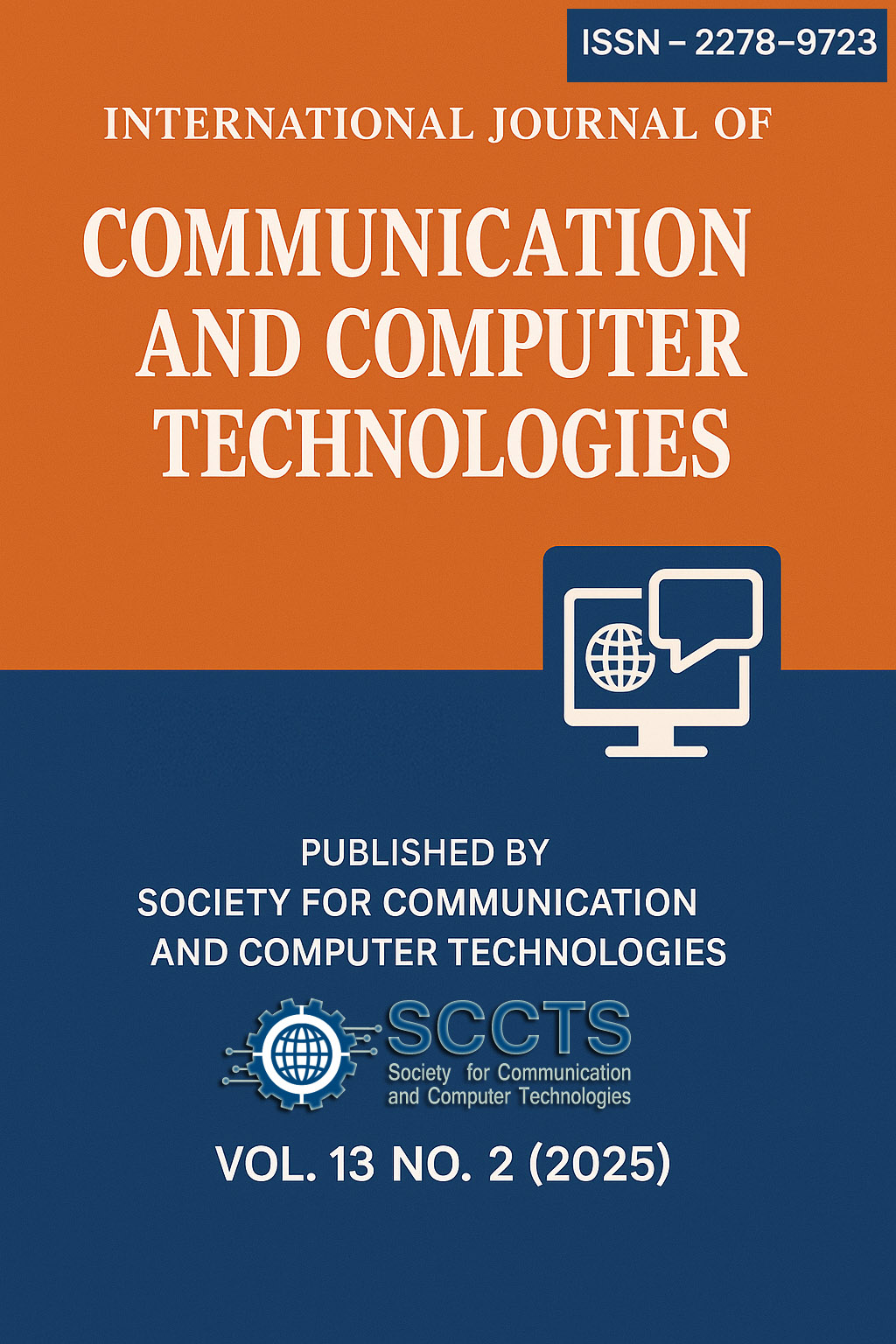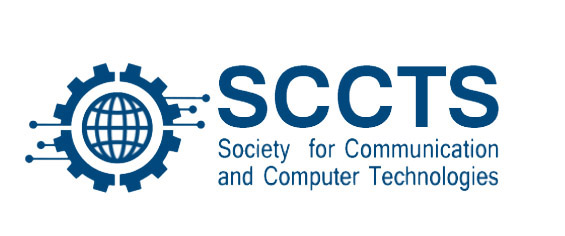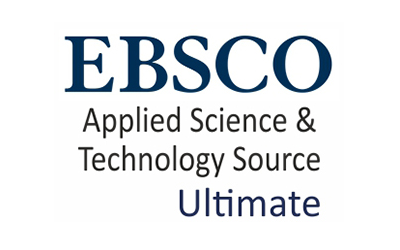Key Hiding of Multimedia Applications in Multimedia File
Keywords:
Steganography, Security, Encryption, Decryption, Private key Cryptosystem, Watermarking, GUI moduleAbstract
The project entitled Effective key Generation for Multimedia Application is the application developed to embed an video file in another video signal. It is concerned with embedding information in an innocuous cover Speech in a secure and robust manner. This system makes the Files more secure by using the concepts Steganography and Cryptography, Steganography, poor cousin of Cryptography is the art of hiding messages inside other messages such that the very existence of the message is unknown to third party. The goal of cryptography is to make data unreadable by a third party, the goal of Steganography is to hide the data from a third party Through the use of advanced computer software, authors of images and software can place a hidden trademark in their product, allowing them to keep a check on piracy. This is commonly known as watermarking. Hiding serial numbers or a set of characters that distinguishes an object from a similar object is known as finger printing. Together, these two are intended to fight piracy. The latter is used to detect copyright violators and the former is used to prosecute them. But these are only examples of the much wider field of Steganography. The cover data should not be significantly degraded by the embedded data, and the embedded data should be as imperceptible as possible. The embedded data should be as immune as possible to modifications from intelligent attacks or anticipated manipulations. Thus it is necessary that the hidden message should be encrypted.
Downloads
Published
How to Cite
Issue
Section
License
Copyright (c) 2023 International Journal of communication and computer Technologies

This work is licensed under a Creative Commons Attribution-NonCommercial-ShareAlike 4.0 International License.




 The articles in Worldwide Medicine are open access articles licensed under the terms of the
The articles in Worldwide Medicine are open access articles licensed under the terms of the 